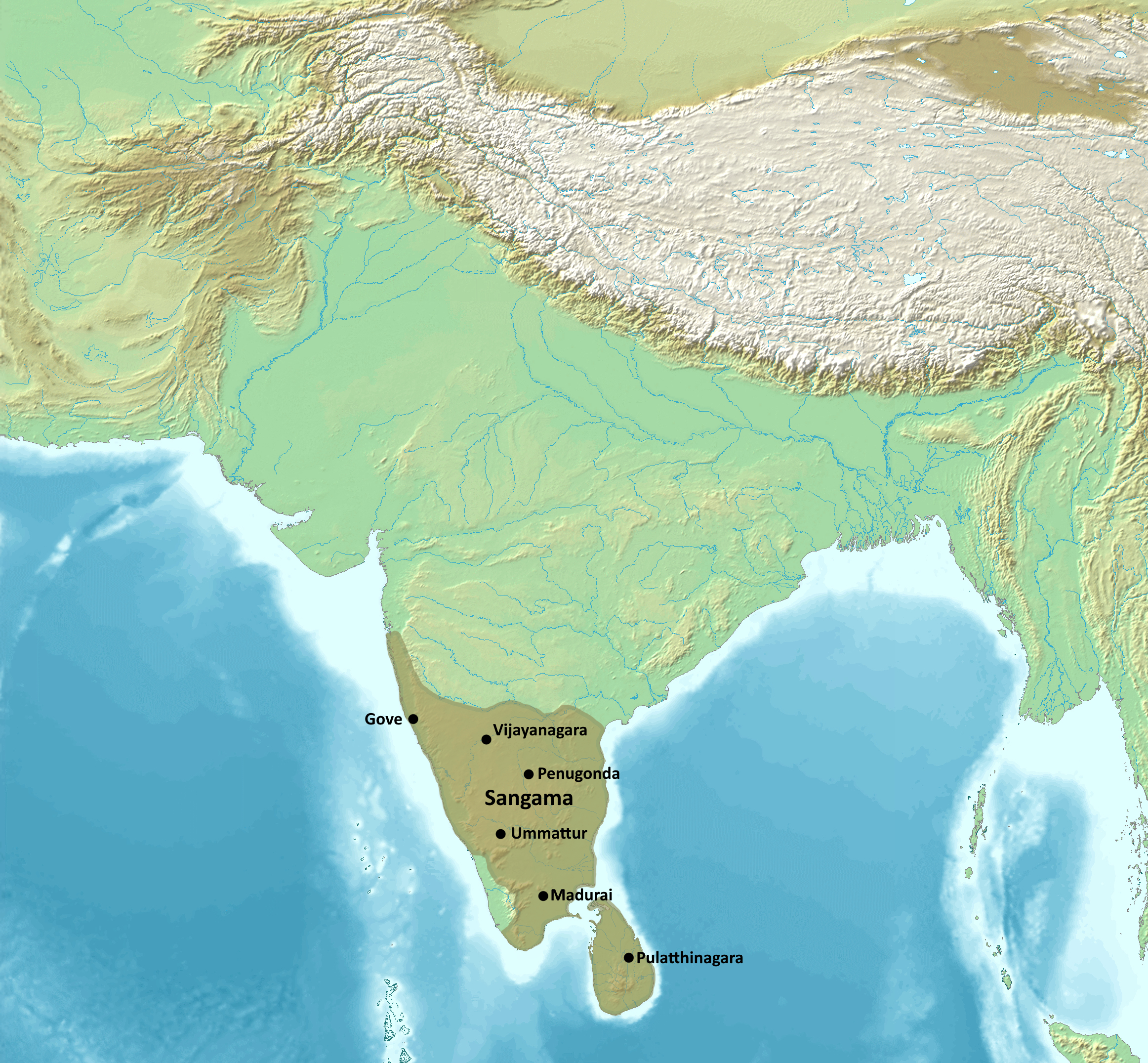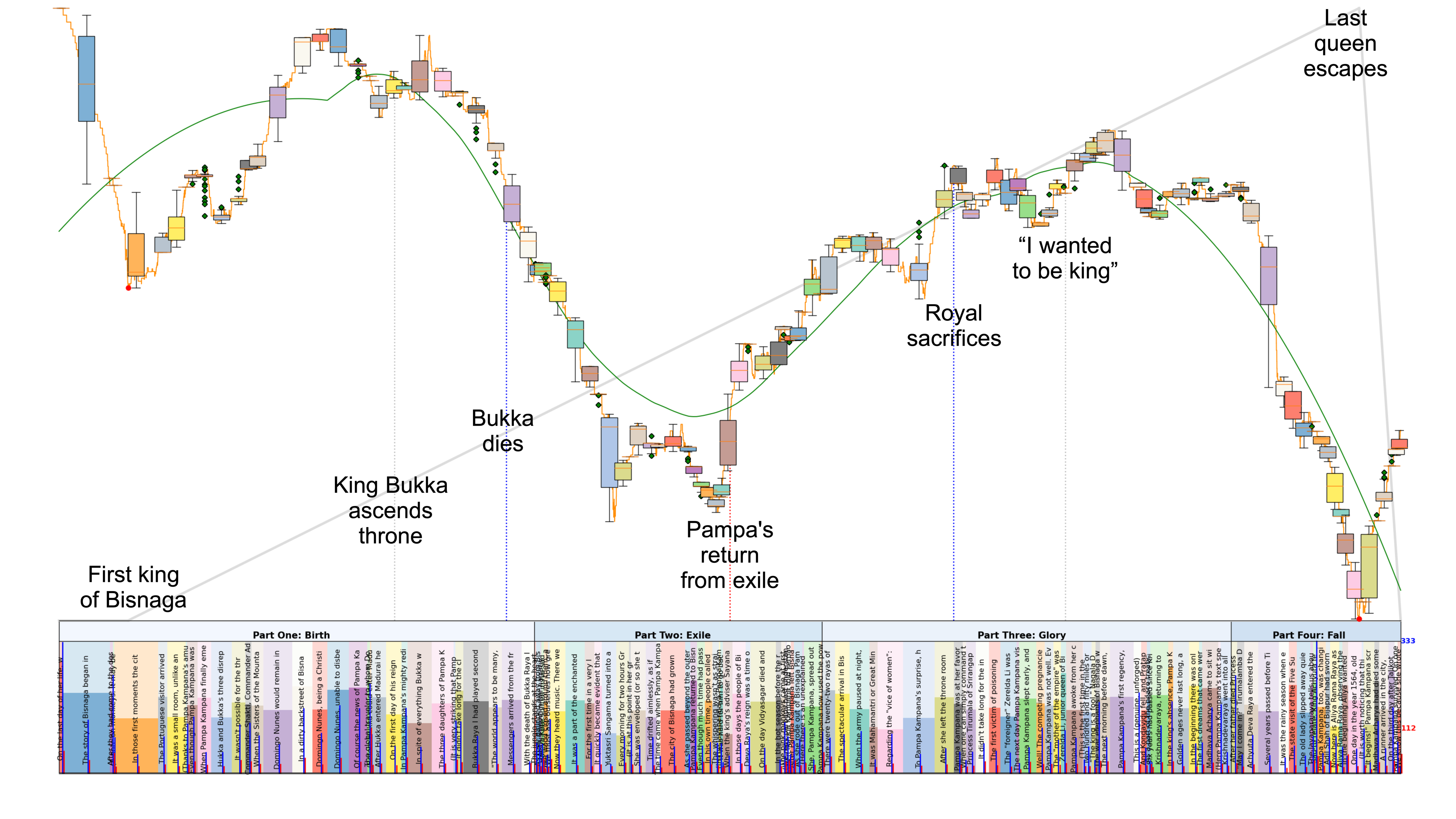Agenda
- Why We're Here / Roundtable Rules
- Introduction to Literary Forensics
- Group Discussion
- Further Study
Why We're Here
We writers want to improve our craft
by reading like a writer
We learn from each other
using Literary Forensics
Roundtable Rules
Always refer back to the book
Practice active listening & serendipity
Every feeling and observation is valid...
but not every conclusion
Always refer back to the book
Reading Teaches Writing
Meet today's author: Sir Ahmed Salman Rushdie
- Born in Bombay, British India, in 1947; Indian/Kashmiri Muslim family.
- Moved to England at age 7, eventually graduating from Cambridge
with a degree in history. His 3 academic focuses: - - Early history of Islam
- - US from 1776 to the end of Reconstruction
- - India Rebellion 1857 to independence in 1947
- He has made novels out of each.
- Worked as a copywriter at the Ogilvy & Mather ad agency.
- During that time he wrote his 2nd novel, Midnight's Children.
- His fourth novel (5th published book), Satanic Verses (1988), depicted the prophet Mohammed and resulted in a fatwa calling for his death. As a result he went into hiding for the next few decades.
- A month after completing Victory City in August 2022, Rushdie was stabbed 10 times by a Muslim zealot.
- Satanic Verses is still banned in India.
- Rushdie has published 21 books, 13 of which are novels.
- Rushdie, raised to be Muslim, is now an atheist.
"[Victory City] takes on the subject of sectarianism, and tries to say:
This is not the history of India. The history of India is much more complicated than that. It's not that there was an
ancient culture that another culture came in and destroyed. That's a false description of the past. And as we know we
live in a world in which false descriptions of the past have been used everywhere to justify terrible behavior in the
present."
- Salman Rushdie
What do you feel?
What in the book elicited that feeling?
Every feeling and observation is valid...
but every conclusion should be questioned
We practice serendipity
- nothing is too crazy
Always refer back to the book
What do you notice?

Writing Victory City
- Rushdie began work on this "a long time ago".
- Bisnaga was based on the 300-year Vijayanagara Empire which seemed to appear out of nowhere in the 14th century.
- Women did hold positions of power and authority.
- Hukka & Bukka were real; they claimed to be descended from the moon.
- The moon legend opened up story-telling possibilities for Rushdie.
- Rushdie: "This history professor called Arthur Hibbert" . . . "he said, 'You should never write history until you can hear the people speak.'"
- Writing began in 2019 when 9-year-old Pampa "just showed up" beside the funeral pyre.
- Writing took 3 years and the final galley was submitted in July, 2022. (weeks before stabbing)
- Important writing questions for Ruhsie:
- 1. Whose story are you telling?
- 2. Why are you telling it?

Stats & Background
- Marketing: Historical Fantasy, Magical Realism, Literary Fiction,
Action & Adventure Literary Fiction, Asian Myth & Legend - Genre: Magical-Realistic Historical Long-Form Archplot
- Print Pages: 326; Word count: 106,055
Reading Grade: 11th; Avg. wds/sent.: 18.41
Lexical Density: 45.50; Flesch Reading Ease: 61.17 - POV: Multiple - mostly Pampa; Person: 3rd; Tense: Past (narrator: Present)
- Publish date: February 7, 2023
- Publisher: Knopf, Random House
- Audio book length: (11 hours 48 mins); Narr. Sid Sagar
- A Best Book of 2023: The New York Times Book Review, The New Yorker,
Time, NPR, The Washington Post, Chicago Public Library, Polygon,
The Globe and Mail, Bookreporter

